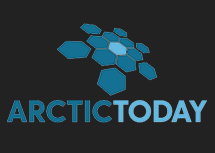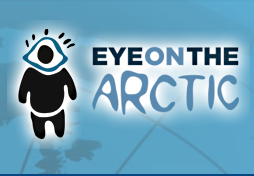HYBRIT receives support from Industriklivet
The demonstration plant in Malmberget in Gällivare municipality is the next step in the HYBRIT project. There, LKAB will produce fossil-free sponge iron on an industrial scale. The state mining company LKAB is responsible for the construction and will be the main recipient of the aid.
“The processing and production of fossil-free sponge iron is central to the climate and to Swedish competitiveness. We are pleased with the announcement that the state is participating and sharing the initial risk in this crucial step to industrialise the HYBRIT technology. In order to counter climate change, we need to move forward quickly, and to keep up the pace, it is important that we get all the prerequisites in place for future investment decisions”, says Jan Moström, President and CEO of LKAB.
Hybrit Development AB is owned by LKAB, steel producer SSAB and state-owned energy company Vattenfall, who are collaborating on the development of new fossil-free technology for iron and steel production.
SSAB, LKAB and Vattenfall have so far invested SEK 1.7 billion in the project, which is 75 percent of the financing. HYBRIT has previously been granted more than SEK 520 million in state aid. HYBRIT originally applied for SEK 4.9 billion from Industriklivet. In a supplementary application, the amount applied for was reduced to SEK 3.7 billion.
The demonstration project is one of 35 projects from 12 EU countries included in the IPCEI project Hy2Use. IPCEI stands for Important Projects of Common European Interest and enables EU countries to provide state aid to priority initiatives with a strategic common European interest.
The plan for the demonstration plant is to produce more than 1.3 million tons of sponge iron per year. The sponge iron will be used in SSAB's transition. With sponge iron produced with hydrogen instead of coal, carbon dioxide emissions in the steel industry can be largely eliminated by replacing coal-fired blast furnaces with electric arc furnaces. Total CO2 emissions will be reduced by 10% in Sweden and 7% in Finland once SSAB has made the transition.
Lennart Håkansson
editor@northswedenbusiness.com




